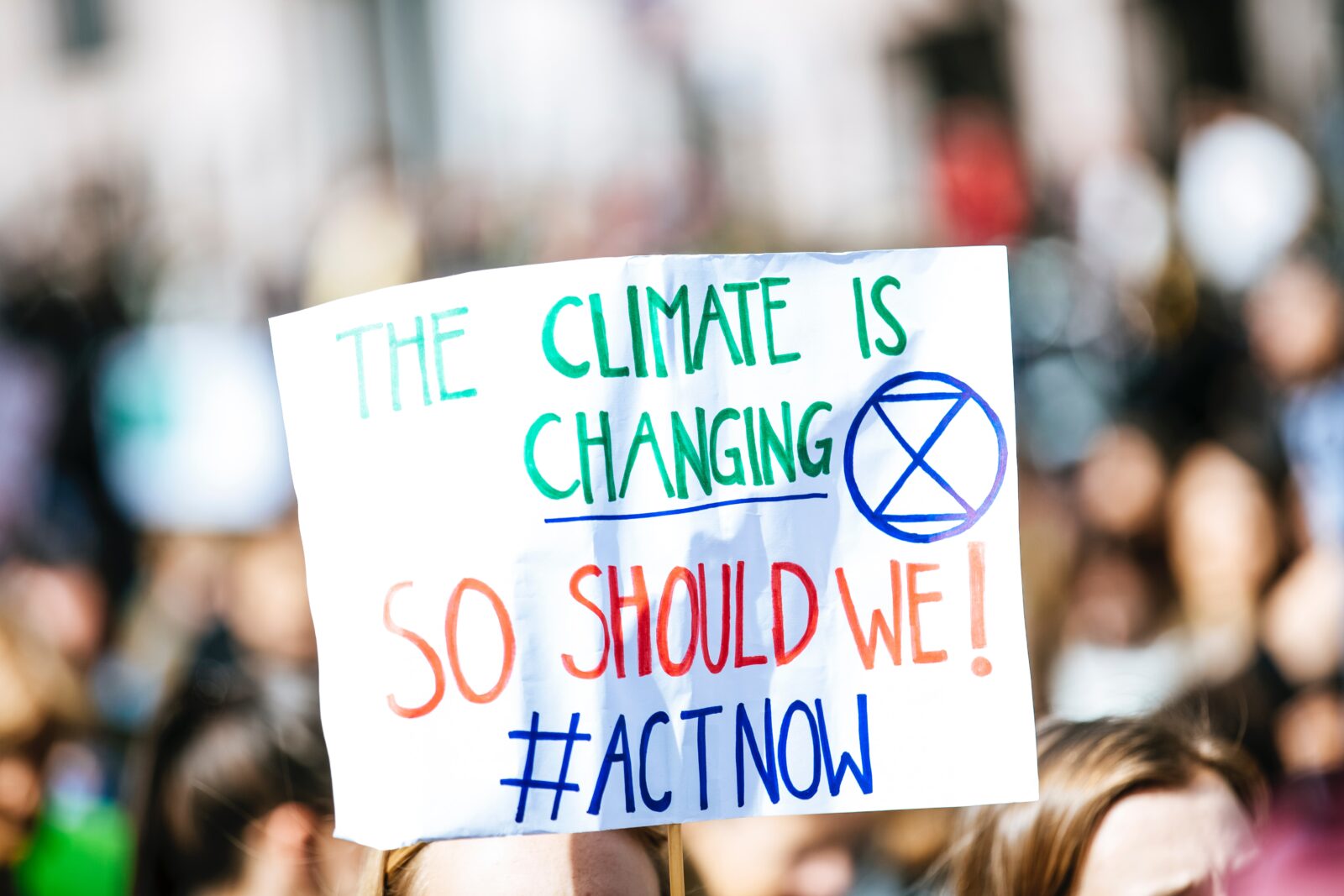
Climate Solutions Must Begin by (Re)Centring Indigenous Knowledge, Anti-Racist Action
From protecting the land through Indigenous Guardian programs, to empowering racialized and Indigenous people facing climate disasters and the theft of their cultures and knowledge, the third in a series of #CrossBorderConvos hosted by Impact Hub Ottawa dug into the steps communities are taking to make personal, political, and institutional change.
The Conversation
Session moderator and Head of Programs and Partnerships at Impact Hub Ottawa Gina Babinec connected the topic to UN Sustainable Development Goal #13: Climate Action. She invited participants to build a “brave space” in which to explore transformative solutions that would (re)centre anti-racism and Indigenous knowledge in their efforts to address the climate crisis.
Alicia Richins, Partnerships & Standards Manager at Common Approach to Impact Measurement, said organizations must deliberately create space for deeper conversations—about how they came to be on this land, the history and privilege that enabled that, and what a severed connection to ancestral lands can mean to people in Trinidad and Tobago, Ottawa, and elsewhere.
Out of those conversations, Richins said her organization is “only now diving into what anti-colonial and Indigenous impact measurement looks like, who decides what it should look like, who you’re doing it for, who has rights to this data, and how you build a relationship with your community, stakeholders, and staff.” A key step along the way is to recognize that “your racialized and Indigenous employees don’t owe you a single thing, and you have to build trust to be able to have the conversations and make institutional change happen.
Valérie Courtois, Director of the Indigenous Leadership Initiative, stressed the “big advances” Indigenous peoples in Canada have seen in recent years, “despite some efforts to keep them from happening.” She showed a short video that demonstrated the power and impact of an Indigenous Guardians program that employs Indigenous people to protect lands, ecosystems, and biodiversity in ways that reflect and respect their communities’ traditions.
“In many ways, our advancements have occurred because we’ve asserted our nationhood and our rights,” Courtois said. “That’s where most of the solutions are.” It’s no mistake that 90% of the protected areas in Canada are led or co-led by Indigenous peoples, she added: “We’re doing the work that state governments have failed to do.”
The Guardians represent “moccasins and mukluks, or boots on the ground,” Courtois said, embodying Indigenous nationhood and responsibilities and helping community leadership make decisions. When potentially devastating resource development projects are proposed, Indigenous peoples are supposed to have Free, Prior, and Informed Consent (FPIC), she told participants, and “the Guardians inform that ‘I’”.
Jade Begay, Climate Justice Director at the NDN Collective in South Dakota, traced the connections her organization draws—between the fight for clean water and anti-extraction campaigning, between quality education and racial equity, between affordable, clean energy and community renewables grants to Indigenous people, and between food and self-determination.
“We have this inherent belief that when our people are resourced and networked, we can change the world,” she said.
Begay pointed to the multiple different ways in which Indigenous communities and economic systems were “targeted for destruction” across the United States, citing California settlers’ destruction of oak trees the communities had depended on as a factor leading up to the devastating wildfires the state now sees each year. After seeing extractive industries offer livelihoods and social services to Indigenous communities, leaving them with little choice but to accept the offer, she said the NDN Collective introduced a series of resources to “liberate our people from the talons of capitalism”. Those resources include a US$100-million capital fund to support community investment and entrepreneurship.
“I do believe that’s what climate justice looks like, providing our people with these basic needs” in a way that is independent of “oppressive systems,” she said.
Community organizer and artist Celeste Alcena stressed the power of reintegrating and recentring spirituality in the drive for climate and racial justice. But “that’s where it gets tricky, in terms of whose spiritualities, whose knowledge we rely on when we do this work.” Ancestral spiritualities were lost and stolen through colonization, then “sold back to us in recipes or gentrified into new age crystals,” she said. An important part of the response is to “ground ourselves in whose knowledges are being exploited while making space for the reality of the spirit of the Earth.”
Through that lens, Alcena said, a problem with the concept of “allyship” is that not everyone has the same access to their own knowledges and languages. “There’s so much loss and grief there for a lot of communities of colour,” she explained. “So there’s a responsibility on those who’ve been holding space to release it back and do that work so people can reclaim what’s been lost.”
Without that deep commitment, she said the very notion of working with allies falls into question.
“I don’t really believe in allyship,” she said. “You’re either committed to my survival or you’re not.” In contrast to people who are “focusing on their personal checklist, ‘am I doing the right thing, reading the right books,” she challenged would-be allies to “look at the conditions around you, depersonalize the idea of allyship, and hold it as more of a collective responsibility.”